

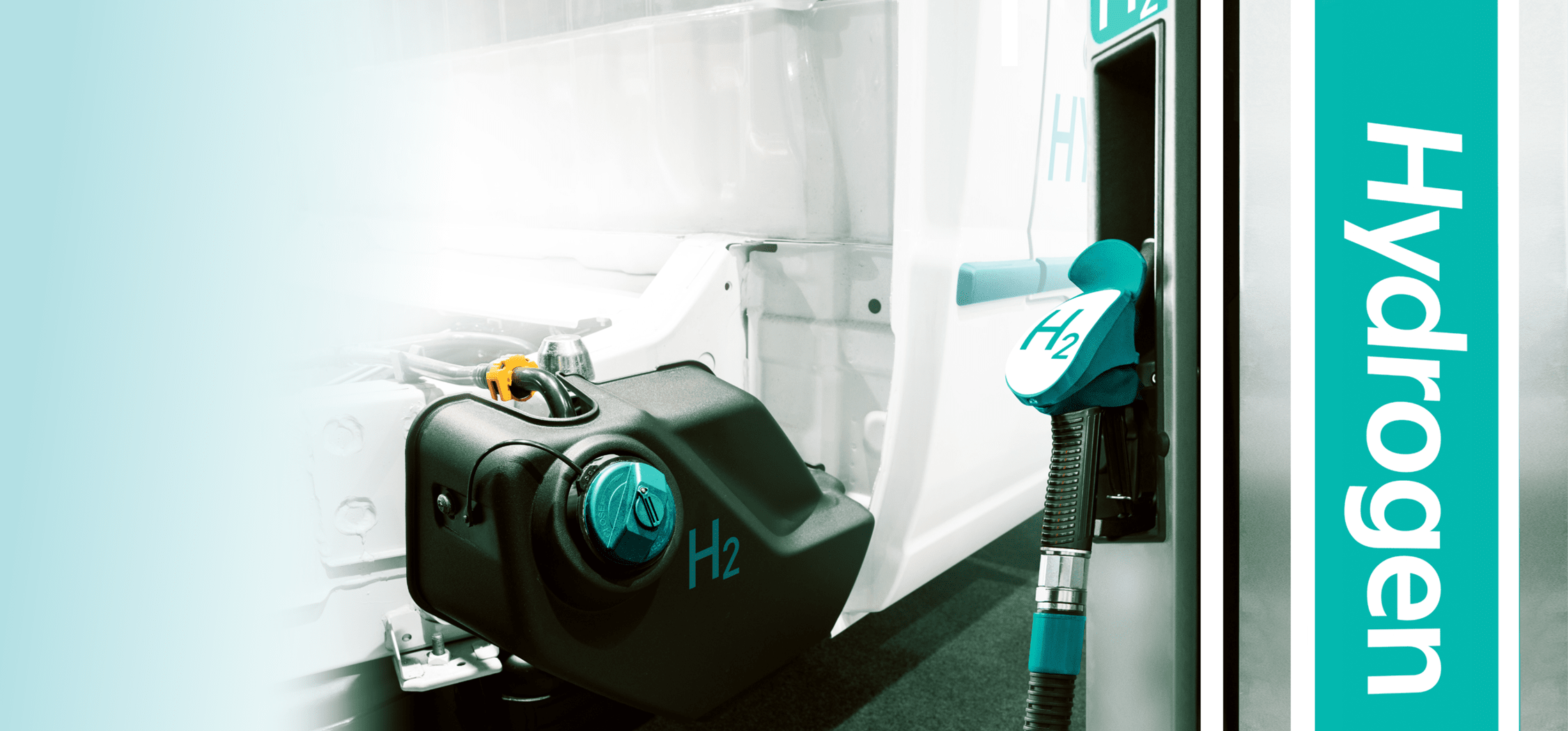
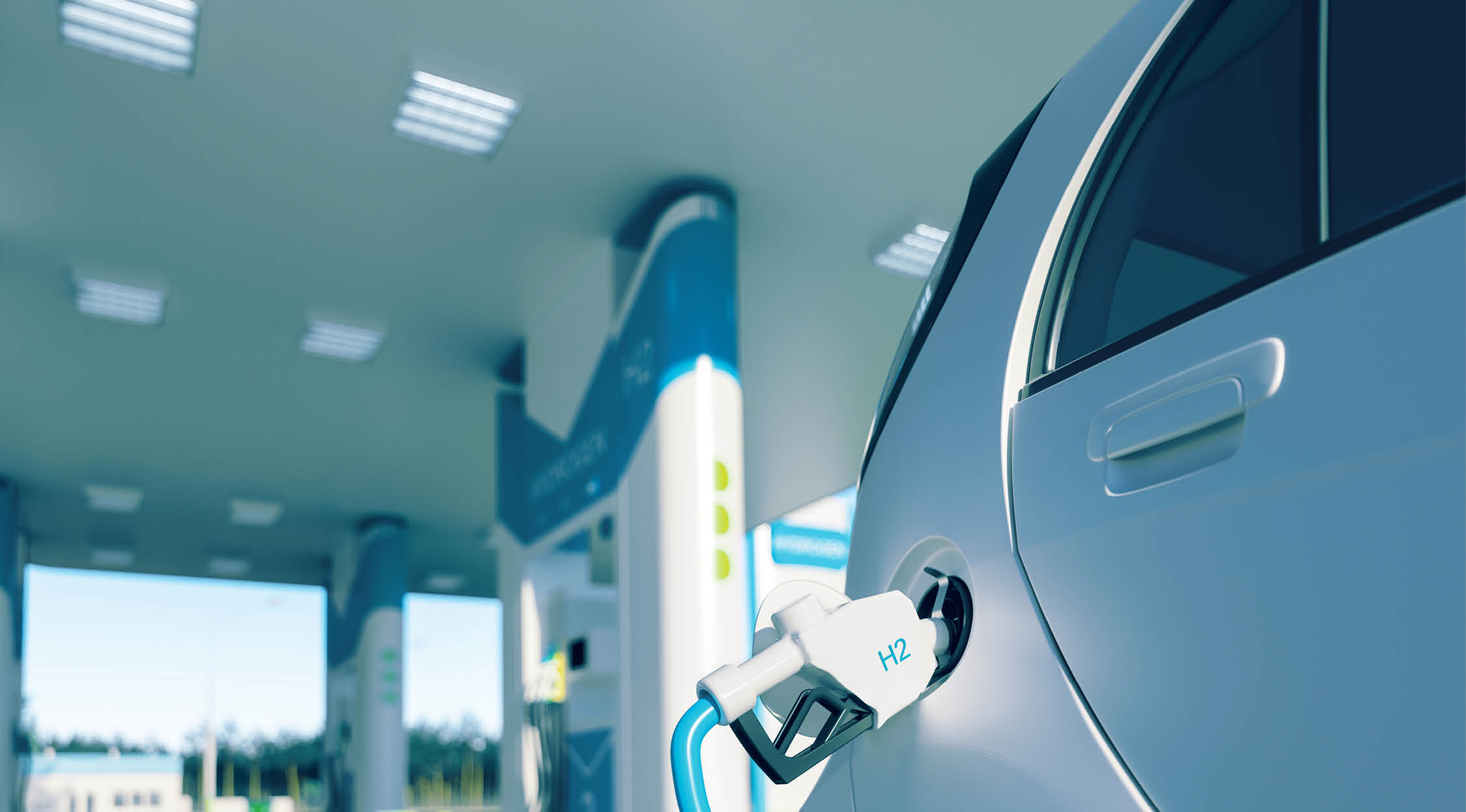
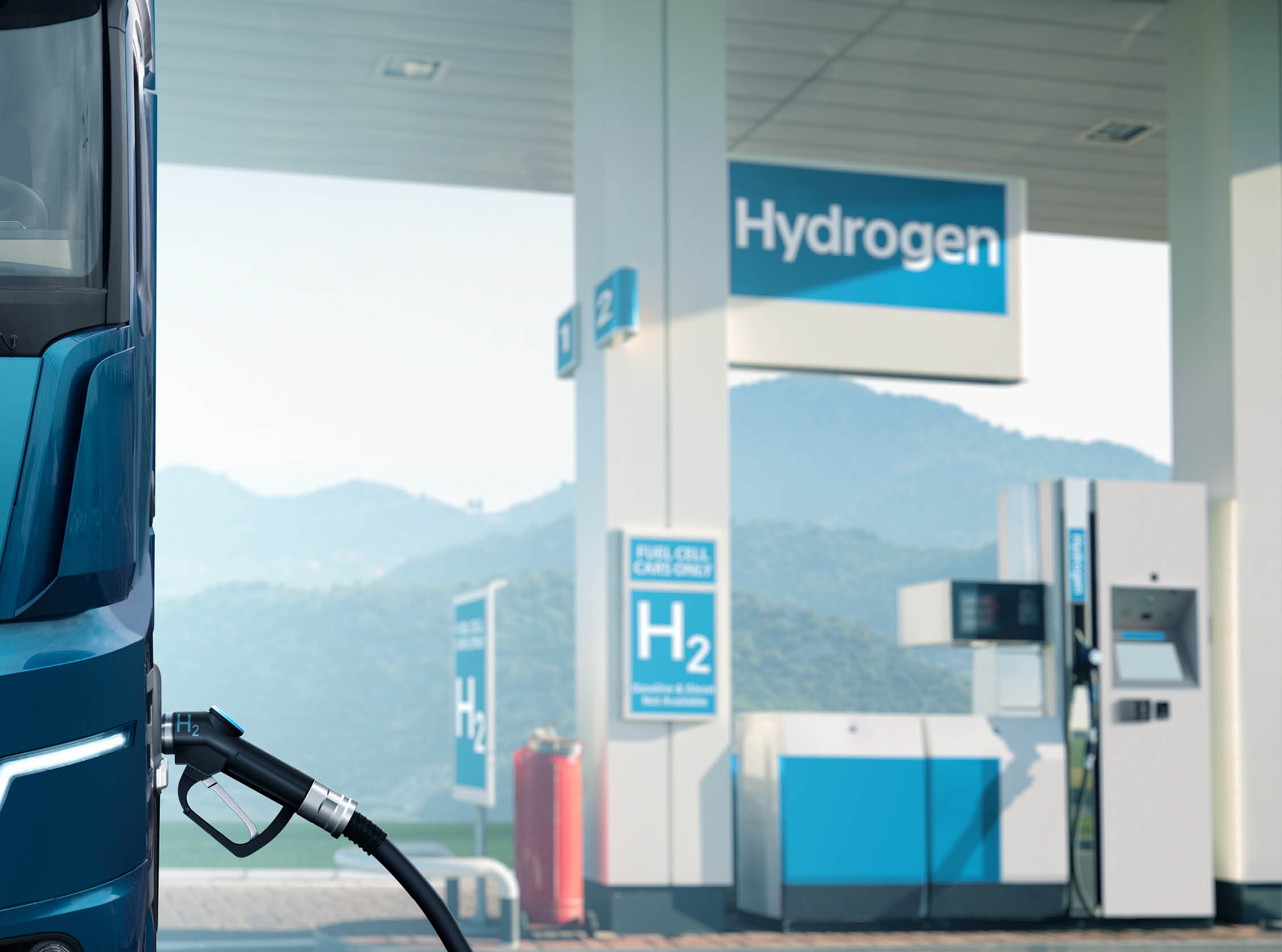
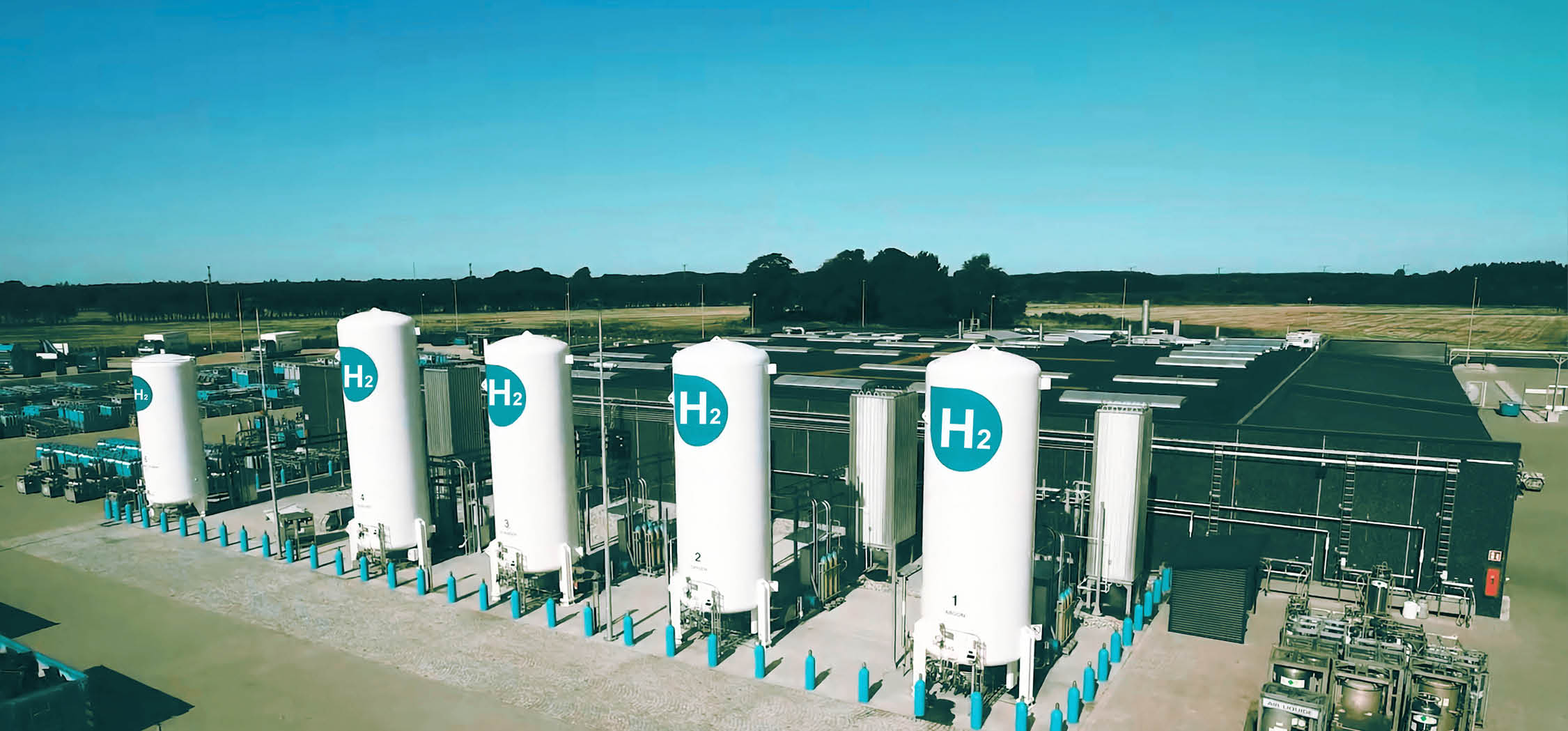



 Artikel 6, §1, VII of the Special Law on Institutional Reform "Bijzondere Wet tot Hervorming der instellingen" (BWHI) – Regulates the division of competence for energy policies between the Federal Government and the regions.
Artikel 6, §1, VII of the Special Law on Institutional Reform "Bijzondere Wet tot Hervorming der instellingen" (BWHI) – Regulates the division of competence for energy policies between the Federal Government and the regions.
 Gas Act and its implementing decrees "Wet van 12 April 1965 betreffende het vervoer van gasachtige produkten en andere door middel van leidingen" (Gaswet) – Although not explicitly defined, it is generally accepted that hydrogen qualifies as a "gas" in the sense of the Gaswet. The Gaswet and its implementation decrees regulate the transport of gasses through pipelines and further delimitate the division of energy policy competences between the federal and regional administrations.
Gas Act and its implementing decrees "Wet van 12 April 1965 betreffende het vervoer van gasachtige produkten en andere door middel van leidingen" (Gaswet) – Although not explicitly defined, it is generally accepted that hydrogen qualifies as a "gas" in the sense of the Gaswet. The Gaswet and its implementation decrees regulate the transport of gasses through pipelines and further delimitate the division of energy policy competences between the federal and regional administrations.
 The Hydrogen Law "Wet van 11 Juli 2023 betreffende het vervoer van waterstof door middel van leidingen" (Waterstofwet) – regulates transport of hydrogen by pipelines and organises the designation of a single HNO responsible for planning, developing and managing Belgium's hydrogen transport network. The law guarantees quality standards for hydrogen and non-discriminatory access to the network for all interested parties. It also defines the rules and procedures for preparing the network development plan and for setting regulated network tariffs and designates the Federal Energy Regulator (CREG) as the regulator for hydrogen transmission.
The Hydrogen Law "Wet van 11 Juli 2023 betreffende het vervoer van waterstof door middel van leidingen" (Waterstofwet) – regulates transport of hydrogen by pipelines and organises the designation of a single HNO responsible for planning, developing and managing Belgium's hydrogen transport network. The law guarantees quality standards for hydrogen and non-discriminatory access to the network for all interested parties. It also defines the rules and procedures for preparing the network development plan and for setting regulated network tariffs and designates the Federal Energy Regulator (CREG) as the regulator for hydrogen transmission.
 The Belgian federal Hydrogen Strategy "De Belgische waterstofstrategie van 29 Oktober 2021" (Waterstofstrategie) – is not a legislative document, but shapes (future) regulatory initiatives.
The Belgian federal Hydrogen Strategy "De Belgische waterstofstrategie van 29 Oktober 2021" (Waterstofstrategie) – is not a legislative document, but shapes (future) regulatory initiatives.
 The Energy Transition Fund will remain operational until 2025 and support research and development into production, transport and storage of hydrogen and hydrogen-derived products.
The Energy Transition Fund will remain operational until 2025 and support research and development into production, transport and storage of hydrogen and hydrogen-derived products.
 The COVID-19 recovery fund is a broad economic fund under which the federal government plans to allocate €50 million to support various projects focusing on the production and use of hydrogen and its derivatives. All funds have been allocated as of July 2022 by Royal Decree of 21 April 2022.
The COVID-19 recovery fund is a broad economic fund under which the federal government plans to allocate €50 million to support various projects focusing on the production and use of hydrogen and its derivatives. All funds have been allocated as of July 2022 by Royal Decree of 21 April 2022.
Belgium and its regions intend to become pioneers of Europe's hydrogen economy. The federal government adopted its first National Hydrogen Strategy (NHS) in October 2021, which was updated in 2022.
The NHS has four pillars:
The federal government has taken several steps to implement the NHS, including the adoption of the Law on the Transmission of Hydrogen by Pipelines in July 2023.
Belgium already has over 613 km of hydrogen pipelines, making it one of the most extensive networks in Europe.
Belgium's Hydrogen Law is one of the first of its kind in the world and creates a clear legal framework for investors.
The Council of Ministers will make €250 million available to the hydrogen transport network operator (HNO) for the construction of a hydrogen connection with Germany and a hydrogen transport network between the industrial clusters of Ghent, Antwerp, Mons, Charleroi and Liège.
With the NHS prioritising renewable hydrogen, the North Sea route (pipeline) is intended to intensify hydrogen cooperation between Belgium, Denmark, Germany and the Netherlands.
These countries have committed to developing 20 GW of renewable hydrogen in the North Sea by 2030, next to 260 GW of offshore wind capacity by 2050.
Regulatory requirements for hydrogen energy installations and electrolysers


Key legislation

Key regulatory bodies
In the execution of the Hydrogen Law, one HNO will be designated by mid-2024. However, existing hydrogen transport networks can still be operated by other parties until the end of 2030.
The Belgian legislator intends to include a transition period in accordance with the European decarbonised gas package, after which operators and owners of existing hydrogen networks will be obliged to transfer operations to the HNO, with the exception of geographically limited hydrogen networks.
On 7 July 2023, the Flemish Government proposed a draft amending Regional Act to introduce a regulatory framework for the distribution of hydrogen through pipelines. This draft sets out the procedure for adopting a single hydrogen distribution network operator for the Flemish Region and is expected to be adopted after the European decarbonised gas package is finalised. These regulatory initiatives are taken in the context of the Flemish Hydrogen Strategy 2025-2030.
A new Flemish Utility Regulator is expected to be created to oversee all grid-related infrastructure including hydrogen in the longer term.
Furthermore, the Flemish government is looking into the potential of hydrogen charging hubs in the scope of the VIAVIA project.
In the Walloon Region, a hydrogen strategy was expected to be submitted for approval to the government in summer 2023.
Anticipated near-term regulatory changes
Generally, Belgium's regions are competent for support schemes surrounding the distribution of hydrogen, while the federal government is competent for support schemes surrounding the transport of hydrogen as an energy carrier.
 The EU Innovation Fund/Hydrogen Bank is an EU-level fund aiming to bridge the cost gap between green hydrogen and hydrogen production based on carbon-emitting fossil fuels, with hydrogen producers invited to bid for financial support based on their anticipated production of green hydrogen.
The EU Innovation Fund/Hydrogen Bank is an EU-level fund aiming to bridge the cost gap between green hydrogen and hydrogen production based on carbon-emitting fossil fuels, with hydrogen producers invited to bid for financial support based on their anticipated production of green hydrogen.
EU schemes
 CREG – The Belgian Federal Commission for Electricity and Gas Regulation is Belgium's Federal Energy Regulator
CREG – The Belgian Federal Commission for Electricity and Gas Regulation is Belgium's Federal Energy Regulator
 VREG – The Flemish Energy Regulator
VREG – The Flemish Energy Regulator
 CWaPE – The Walloon Energy Regulator
CWaPE – The Walloon Energy Regulator
 Brugel – The Brussels Energy Regulator
Brugel – The Brussels Energy Regulator

Federal schemes

Flemish Region
 Wallonia's plan of recovery provides investment by the Walloon Government for the recovery of the COVID-19 pandemic, including €117 million allocated to the development of a Walloon hydrogen industry.
Wallonia's plan of recovery provides investment by the Walloon Government for the recovery of the COVID-19 pandemic, including €117 million allocated to the development of a Walloon hydrogen industry.

Walloon Region
Requirements for accessing these schemes vary, but typically include:
 Being a Belgian company or organisation;
Being a Belgian company or organisation;
 Having a project in line with the Belgian or Flemish hydrogen strategy (with a clear economic and/or social impact); and
Having a project in line with the Belgian or Flemish hydrogen strategy (with a clear economic and/or social impact); and
 The applicant must provide a financial contribution to the project and demonstrate its technical and economic viability.
The applicant must provide a financial contribution to the project and demonstrate its technical and economic viability.
Anticipated future support schemes include:
 A new Energy Transition Fund project call will be launched by November 2023.
A new Energy Transition Fund project call will be launched by November 2023.
 New support schemes as part of the forthcoming Walloon Region hydrogen strategy.
New support schemes as part of the forthcoming Walloon Region hydrogen strategy.
 In general, new legislation designed to maintain Belgium's leading position in the hydrogen market is expected.
In general, new legislation designed to maintain Belgium's leading position in the hydrogen market is expected.
Accessing support schemes
 The HPA is a non-regulated contract and there is at present no standard contract model on the market.
The HPA is a non-regulated contract and there is at present no standard contract model on the market.
 A hydrogen sale and purchase agreement (HSPA) in Belgium is usually a legally binding contract between a supplier of hydrogen molecules and an off-taker.
A hydrogen sale and purchase agreement (HSPA) in Belgium is usually a legally binding contract between a supplier of hydrogen molecules and an off-taker.
 The HSPA will typically include the following clauses:
The HSPA will typically include the following clauses:
The main opportunities for the sale of renewable hydrogen (and hydrogen derivatives) exist in the industrial, heavy transport, power and building sectors.
 Production of hydrogen and synthesis gas by reforming or partial oxidation with a production capacity exceeding 25 tonnes per day is targeted by the EU-ETS for CO2 emitted in this process by (among others) energy-intensive industry sectors such as metal production, maritime transport, electricity and heat generation.
Production of hydrogen and synthesis gas by reforming or partial oxidation with a production capacity exceeding 25 tonnes per day is targeted by the EU-ETS for CO2 emitted in this process by (among others) energy-intensive industry sectors such as metal production, maritime transport, electricity and heat generation.
Selling opportunities

Hydrogen purchase agreements (HPAs) in Belgium
Support schemes


The most important legal issues include:
 The structuring of the hydrogen delivery: if the delivery of hydrogen qualifies as the transport or distribution of hydrogen by pipelines this will determine the regulatory framework (federal competence <-> regional competence);
The structuring of the hydrogen delivery: if the delivery of hydrogen qualifies as the transport or distribution of hydrogen by pipelines this will determine the regulatory framework (federal competence <-> regional competence);
 The term of the contract: should be long enough to ensure the supplier has a reliable revenue stream, but not so long that the off-taker is locked into a contract that becomes unfavourable.
The term of the contract: should be long enough to ensure the supplier has a reliable revenue stream, but not so long that the off-taker is locked into a contract that becomes unfavourable.
 Guarantees (of origin) with regard to permits and regulatory requirements: necessary to ensure hydrogen can be produced and delivered legally.
Guarantees (of origin) with regard to permits and regulatory requirements: necessary to ensure hydrogen can be produced and delivered legally.
 The quality of the hydrogen: should be 'green hydrogen' according to the requirements of the EU Delegated Act (i.e. produced from renewable energy sources).
The quality of the hydrogen: should be 'green hydrogen' according to the requirements of the EU Delegated Act (i.e. produced from renewable energy sources).
 Termination rights and claims for damages: should be included in the contract to protect both parties in the event of a dispute.
Termination rights and claims for damages: should be included in the contract to protect both parties in the event of a dispute.
 Safety standards and insurance: essential to ensure the safety of the hydrogen production and delivery process.
Safety standards and insurance: essential to ensure the safety of the hydrogen production and delivery process.
The most important commercial issues include:
 The size of the electrolyser must be carefully coordinated with the availability of green hydrogen.
The size of the electrolyser must be carefully coordinated with the availability of green hydrogen.
 Determination of the contract price appears to very difficult considering the limited development of the market. H(S)PAs require clear and objective parameters for the determination of the price.
Determination of the contract price appears to very difficult considering the limited development of the market. H(S)PAs require clear and objective parameters for the determination of the price.
Key legal and commercial issues in HPAs in Belgium









The majority of these support schemes explicitly prioritise the development of green hydrogen projects.
Selling hydrogen in Belgium


Belgium already has over 613 km of hydrogen pipelines, making it one of the most extensive networks in Europe.


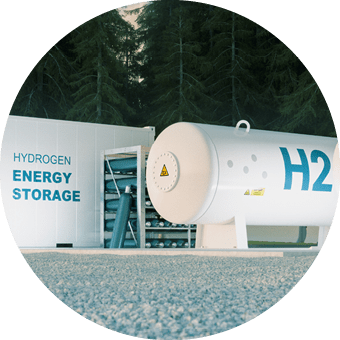
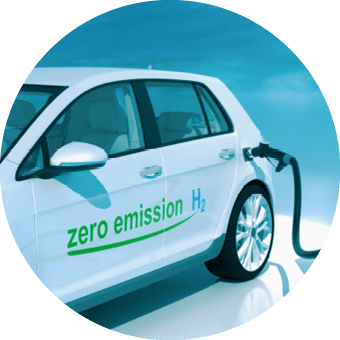




 The ecology premium+ supports companies that realise ecological investments, including for sustainable transport, in the Flemish Region. The premium can be accorded for i.a. trucks with dual fuel combustion engines (hydrogen-diesel), light cargo vehicles powered by a hydrogen fuel cell, for the conversion of vehicles to hydrogen fuel cell systems and hydrogen refuelling infrastructure.
The ecology premium+ supports companies that realise ecological investments, including for sustainable transport, in the Flemish Region. The premium can be accorded for i.a. trucks with dual fuel combustion engines (hydrogen-diesel), light cargo vehicles powered by a hydrogen fuel cell, for the conversion of vehicles to hydrogen fuel cell systems and hydrogen refuelling infrastructure.
 Strategic ecology support encourages SMEs and large enterprises to invest in technologies that cannot be standardised due to their unique company-specific nature and therefore do not appear on the ecology premium+ list.
Strategic ecology support encourages SMEs and large enterprises to invest in technologies that cannot be standardised due to their unique company-specific nature and therefore do not appear on the ecology premium+ list.
 Flemish Resilience Plan provides funding for post COVID-19 recovery projects.
Flemish Resilience Plan provides funding for post COVID-19 recovery projects.


